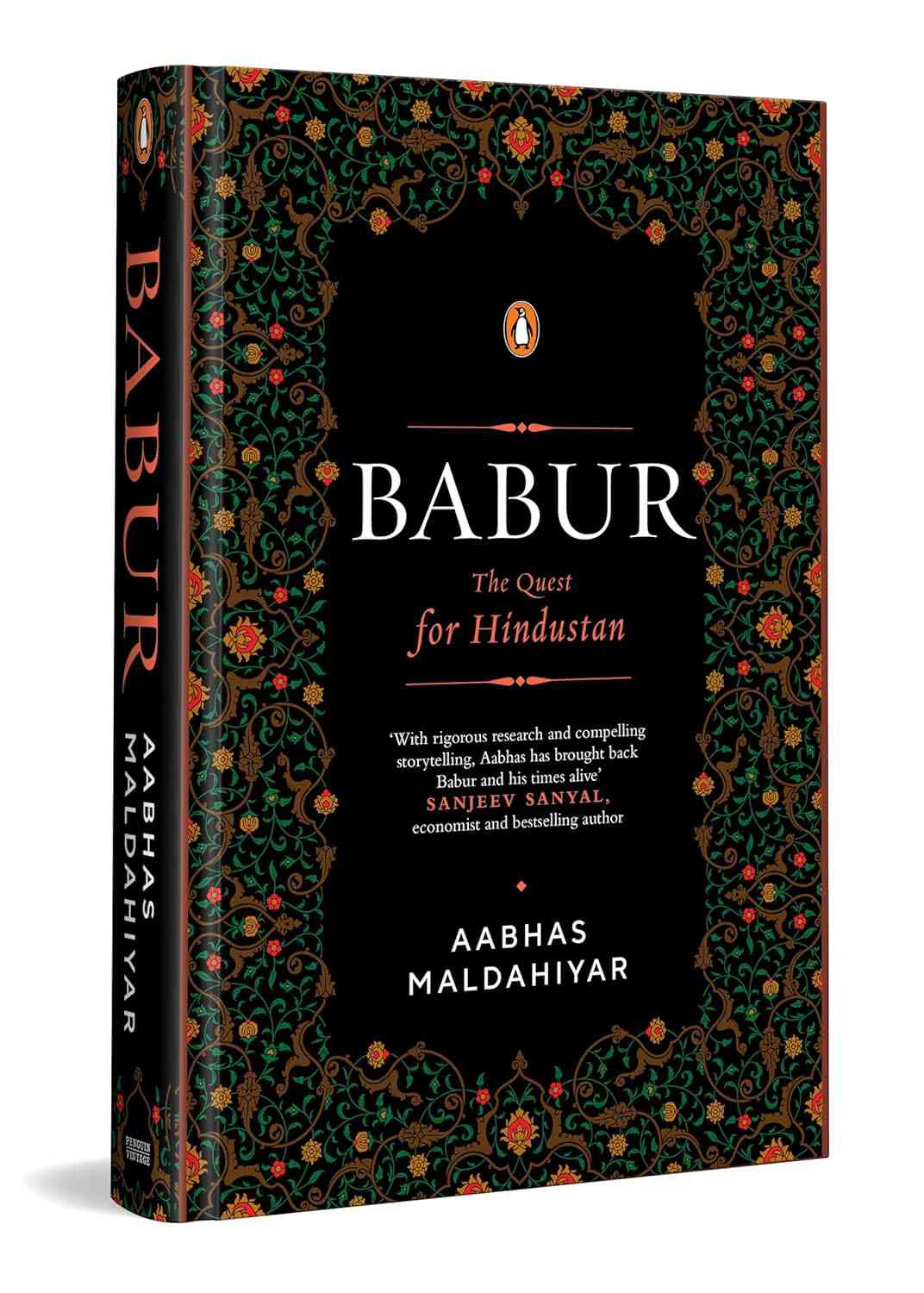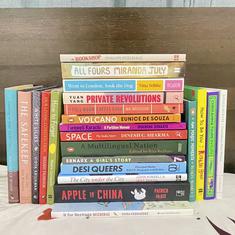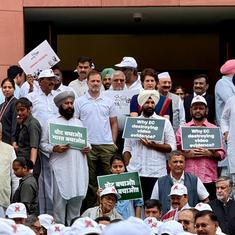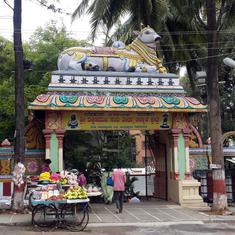On the first of Rabi‘u’l-awwal, Babur, contemplating the delicate dance of diplomacy, resolved to dispatch an envoy to regions once under the sway of the Turk, hoping to sow the seeds of peace. Mulla Murshid, a trusted emissary, was chosen for this mission to visit Sl. Ibrahim, who had recently ascended to power in Hindustan following the demise of his father, Sl. Iskandar, some five or six months prior. To underscore the sincerity of his intentions, Babur sent a prized goshawk (qarchigha) along with Mullā Murshid, requesting information on the territories historically linked to the Turk. Mullā Murshid was entrusted with meticulously crafted letters for Daulat Khan (Yusuf-khail) and Sl. Ibrahim, supplemented by precise verbal instructions, before being granted leave to embark on his journey. It was a testament to the enigmatic nature of Hindūstān’s people, particularly the Afghāns, that they seemed to lack the sagacity to discern friend from foe and remained oblivious to the nuances of diplomacy.
However, Babur’s hopes were soon met with the frustrating reality of bureaucratic inertia. Daulat Khan, stationed in Lahore, inexplicably delayed Mulla Murshid’s progress, neither meeting him nor facilitating his onward journey to Sl. Ibrahim. Months later, Mulla Murshid returned to Kābul empty-handed, his mission unfulfilled.
Amidst this diplomatic quagmire, news arrived on March 2, 1505, that brought a glimmer of joy to Bābur’s heart. Foot soldiers Shaibak and Darwesh-i-‘ali, the latter now armed with a matchlock, arrived from Kabul. Along with dutiful letters, they brought tidings of the birth of Hind-al an event that occurred during the ongoing expedition into Hindustan. Babur, ever attuned to signs and omens, interpreted this as a favourable augury. In honour of this auspicious occasion, he bestowed upon the newborn the name Hind-al, symbolising the taking of Hind. Additionally, missives arrived from Muḥammad-iZaman M in Balkh, borne by the trusty Qambar Beg.
On the following morning, Bābur and his court embarked on a leisurely boat trip, intending to enjoy the scenic beauty of the river while indulging in the spirited camaraderie that often accompanies such outings. ‘Araq flowed freely as the party immersed themselves in convivial conversation and laughter. However, differing preferences soon threatened to disrupt the harmony. Despite Bābur’s inclination towards ma’jun, some members of the party persisted in their fondness for ‘araq, creating an uncomfortable schism within the gathering. Efforts to bridge the divide proved futile, and the excursion ended on a discordant note.
As the days progressed, so did the administrative affairs of the empire. On the fifth of the month, Bhira was granted to Hindu Beg, a strategic decision aimed at consolidating control over the region. Meanwhile, on the eighth, the Chin-ab territory was bestowed upon Ḥusain Aikrak, accompanied by the requisite permissions for their departure. Amid these bureaucratic manoeuvres, the tale of tribal intrigue continued to unfold in the mountainous hinterlands, where Hati Kakar’s cunning machinations led to the downfall of Tatar Kakar, altering the balance of power in the region.
On 10 March, Bābur and his companions embarked on an excursion after the Midday Prayer. Their journey commenced with a boat ride, during which ‘araq, a strong distilled beverage, flowed freely. Among the merry band were notable figures such as Dost Beg, Mirza Quli, Ahmadi, Gadai, Muḥammad ‘Alī Jang-jang, ‘Asas, and Aūghān-bīrdī Mughūl. The ambiance was further enlivened by the musical talents of Rauh-dam, Baba Jan, Qasim-i-’ali, Yusuf-i-‘ali, Tingri-quli, Abu’l-qasim and Ramzan Luli. As the hours passed, the revelry continued until the call to the Bedtime Prayer interrupted their merriment. Disembarking from the boat, still under the influence of their libations, they mounted their steeds, and with torches in hand, rode back to camp from the riverbank. Their journey was marked by a chaotic, loose-rein gallop. Babur, in his intoxicated state, retained no memory of the journey until the following day, when it was recounted to him. Upon retiring to his quarters, he found solace in relieving himself of the excesses of the day through bouts of vomiting.
On the subsequent day – March 11 – the company embarked once more, this time venturing across the Jhelum River by boat, to explore the verdant orchards and fertile lands dedicated to sugar cultivation. Their curiosity led them to witness the intricate process of drawing water from a wheel adorned with buckets, a sight that fascinated and entertained them. Amidst their explorations, they partook in various delights, the highlight being a delectable confection that left a lasting impression. As they made their return voyage on the boat, another round of indulgence ensued, with Minuchihr Khan receiving a particularly potent treat that necessitated the support of two attendants to steady him. Anchoring midstream for a brief respite, they resumed their journey downstream before retracing their path upstream, eventually settling for the night on the boat, their return to camp occurring under the cloak of dawn’s arrival.
The dawn of Saturday, March 12, heralded yet another excursion, characterised by the familiar accompaniment of ‘araq-fuelled camaraderie aboard the boat. Among the assembled were notable companions such as Khwaja Dost-khawand, Dost Beg, Mirim, Mirza Qulo, Muḥammadi, Aḥmadi, Yunas-i-‘ali, Muḥ. ‘Ali Jang-jang, Gadai T̤aghai, Mir Khurd and ‘Asas. The musicians, too, lent their talents to the festivities once more. Navigating a tributary, they ventured ashore near Bhira, their arrival at camp delayed until the evening hours.
On this same day, Shāh Ḥasan returned triumphant from Khush-ab, having skilfully negotiated for territories long under the sway of the Turks. In anticipation of the looming summer heat, preparations were made to reinforce Hindu Beg in Bhira. To this end, Babur appointed Shah Muhammad Keeper of the Seal, alongside his brother Dost Beg, and bolstered their ranks with additional warriors, including Langar Khan, Minuchihr Khān, Nazar-i-‘ali Turk, Sangar Khan Janjuha and Malik Hast Janjuhalghani. Thus, amidst the ebb and flow of revelry and strategic manoeuvring, the empire’s affairs marched ever forward.

Excerpted with permission from Babur: The Quest for Hindustan, Aabhas Maldahiyar, Penguin India.










